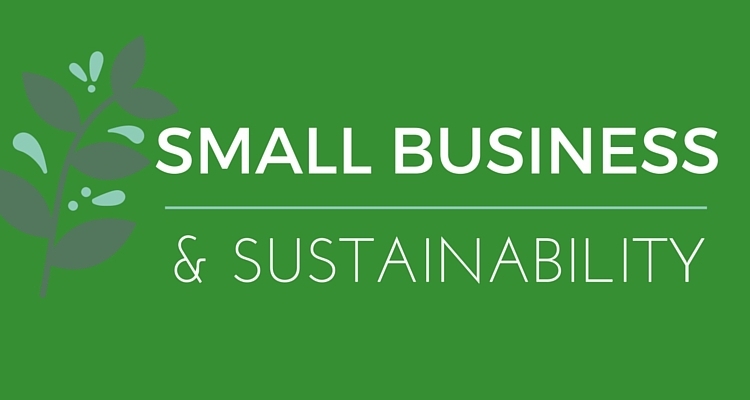Sustainability has been the domain of large firms in the Czech Republic, but small and medium-sized enterprises (SMEs) make up the bulk of the market (over 99%) and employ a large proportion of the population (almost 60%). Small and medium-sized enterprises should therefore pursue the implementation of sustainability principles into their operations, as they are the ones that have the greatest impact on local economy and well-being of its people.
Apparent obstacles
Smaller businesses often see obstacles that prevent their greater interest in this area. They are particularly concerned about the complexity of processes and high costs that would accompany the introduction of sustainability. Many companies say they would also appreciate greater government support in this area, practical information on possible ways of implementation or clear legislation to support their interest.
Why not to be afraid of sustainability
Most SMEs are unaware of the significant benefits that their company size brings to the implementation of a new strategy. Introducing sustainability as a new business strategy is much easier for them than for large companies because they have a simpler structure and can therefore introduce change much faster. In addition, if they seek the help of experts, they can implement, manage and report their results in a matter of months. Faster implementation of new strategy will result in a faster return on its investment and new business opportunities will also be felt much sooner. SMEs can thus expect early savings thanks to, for example, reduced consumption of energy, water, waste, lower staff turnover, or increased profits due to increased sales to new customers and markets. Since the financial aspect is often the most important factor for these businesses, concerns in this regard are unfounded and the benefits of corporate sustainability are far outweighed.
It should be noted that SME directors are more active players in companies than their corporate counterparts, and their incentive to implement a sustainability strategy is also often more efficient and faster. They have greater ability to inspire and lead real change.
Another important advantage of SMEs is their closer connection to their immediate surroundings. They are often an active part of local affairs, know their surroundings and the nearest community. The ideas of how to better benefit their surroundings comes naturally and without unnecessary guesswork.
Employees of small and medium-sized companies also better identify with corporate values that have the potential to be better communicated and more truly lived than in large companies. Employees prefer to engage in corporate sustainability, bring new ideas, increase their motivation and are able to lead the company to more realistic results.
How to implement sustainability?
If you will manage your corporate sustainability strategically, it's simple:
- Define in detail what sustainability means to your company.
- Set the values, vision and mission of your business.
- Consult your stakeholders.
- Set goals in this area.
- Measure your impact.
- Show results (including negative ones).
- Be sure to share results with your customers and other important stakeholders.
This method will help you gain new business opportunities, but also keep existing ones. Do you want to learn more about the implementation process? Do not hesitate to contact us and we will send you our CSR guide for SMEs.

